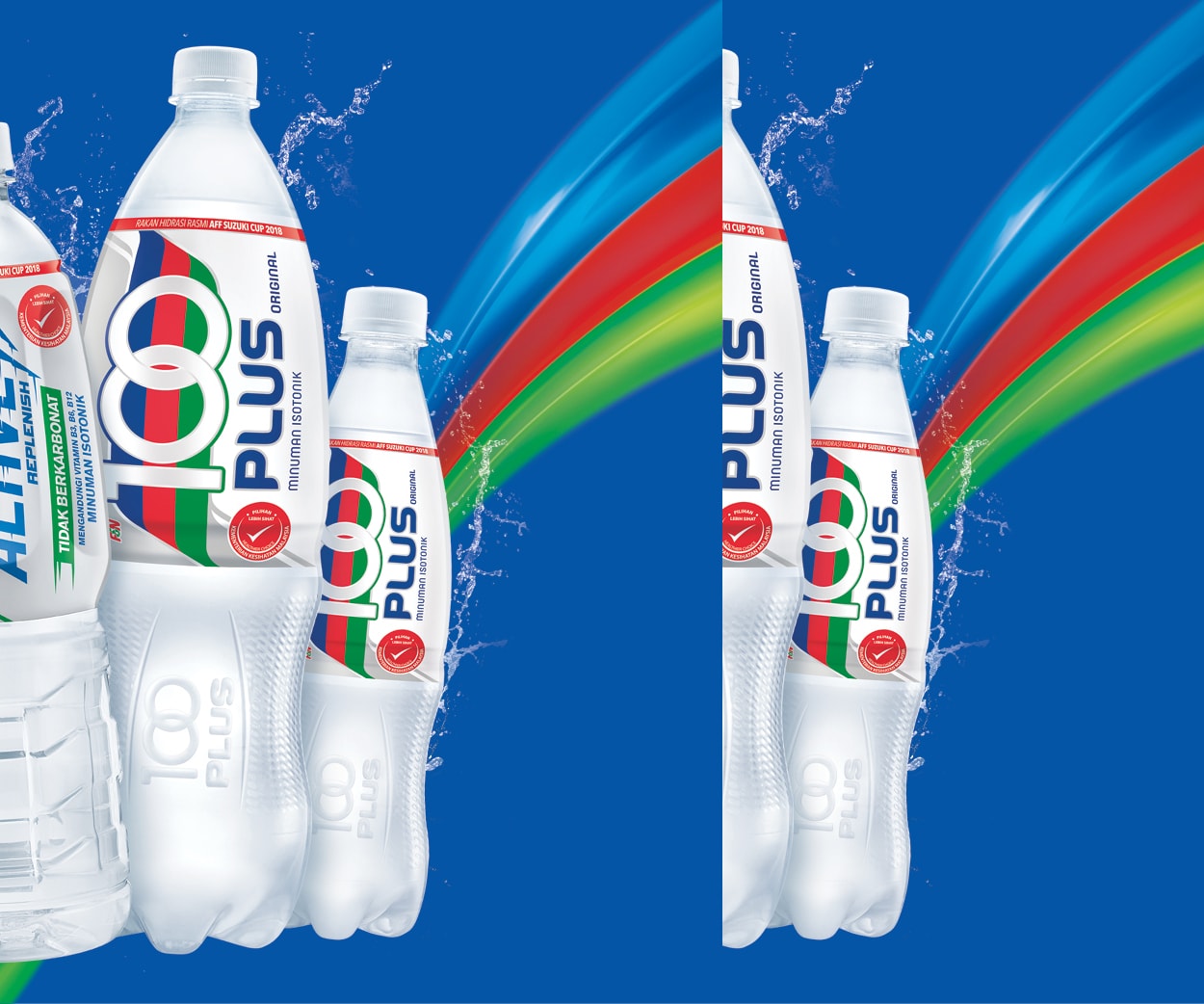Juan Pedro Damiani publicly crusaded against corruption in South American football as a member of FIFA’s ethics committee and now his naming in the Panama Papers has cast a cloud over the world body’s efforts to redeem its scandal-tainted name.
The head of the prestigious Uruguayan club Penarol has been accused of having business links to a former FIFA vice president now facing US corruption charges.
Damiani, 58, has said the allegations are revenge by his adversaries for his role in bringing corruption charges against top South American football chiefs as a member of FIFA’s ethics committee.
But now he is under investigation by the FIFA watchdog.
The “Panama Papers” leaks show Damiani’s law firm acted as an intermediary in setting up a company linked to Eugenio Figueredo, former head of the CONMEBOL South American confederation, and two other men accused in the FIFA bribery scandal.
The International Consortium of Investigative Journalists (ICIJ), which coordinated the leaks, said the documents showed Damiani carried out work for seven offshore companies linked to Figueredo.
The records also show Damiani’s firm acted as a go-between for a Nevada-based company linked to two other suspects in the FIFA affair: businessmen Hugo Jinkis and his son Mariano, according to ICIJ.
“The records do not show illegal conduct by Damiani or his law firm. But they do raise new questions for Damiani and FIFA,” said the ICIJ.
– Penarol president –
As president of Penarol, Damiani is a respected figure in Uruguay.
The Montevideo side recently opened a new stadium on the outskirts of the capital. Damiani proudly took FIFA’s new president Gianni Infantino there on a visit just days before the Panama Papers broke.
On a tour of several South American countries, Infantino promised a new era of transparency in football.
Damiani was also vice-president of the Uruguayan Football Association from 1998 to 2005.
As a member of FIFA’s ethics committee, he took part in decisions to act against football officials charged in the United States of taking bribes to grant lucrative football broadcasting rights.
“It may be precisely for that reason, because I had the courage to report it, that there are people who want to damage my reputation and good name with false and unjust accusations,” Damiani said in a statement in response to the Panama Papers.
Figueredo, 83, is awaiting trial on fraud charges. He is one of three former presidents of CONMEBOL also indicted by US prosecutors in the football scandal.
Damiani testified in court at Figueredo’s arraignment.
“It would seem rather irrational to be the one to make those accusations, testify as a witness to them in court and yet continue to have links to the alleged deeds,” Damiani’s statement said.
The judge handling the case, Adriana de los Santos, said the Panama Papers contained nothing new about Damiani’s links to Figueredo, according to Uruguayan newspaper El Observador.
– International clients –
The website of Damiani’s firm describes him as head of a team of lawyers, accountants and notaries offering “professional services in Uruguay, assisting national and foreign clients.”
It adds that he is also a licensed broker on the Montevideo stock exchange and founder of an investment firm “that works with various top world banks.”
Among other activities, it says he is head of a Montevideo real estate firm and a member of the Uruguay-Panama joint chamber of commerce.
He was the driving force behind a meeting that led to the forming of the South American Football Clubs League, a group of 15 top clubs that lobbied CONMEBOL for a better deal on broadcast rights.
The Panama Papers findings are the result of a year-long investigation by media groups in the ICIJ.
The 11 million leaked records from the files of Mossack Fonseca, a Panama-based law firm, also include the names of 20 high-profile footballers, including Argentina and Barcelona star Lionel Messi, who used offshore companies. – Agence France-Presse






























